Kevin Feige Admits That If Marvel Studios Doesn’t Entertain First, Their Social Messaging Will Fall On Deaf Ears
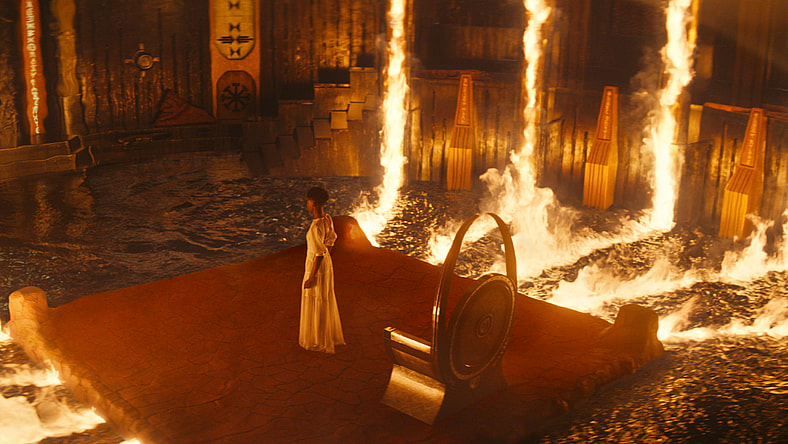
Marvel Studios boss Kevin Feige recently admitted that if the company stops putting entertaining the audience first as their goal than the social messaging that they incorporate into their films will fall on deaf ears.

Feige’s admission came during an appearance on The Movie Business Podcast with host Jason Squire, who asked him what the secret to Marvel Studios’ success is.
As part of his answer, Feige detailed how the company goes through post mortems where they examine what they could have done better after the release of each motion picture or television series.
He then detailed, “And I guess to distill it down of what lessons are learned: is to entertain the audience at every turn.”
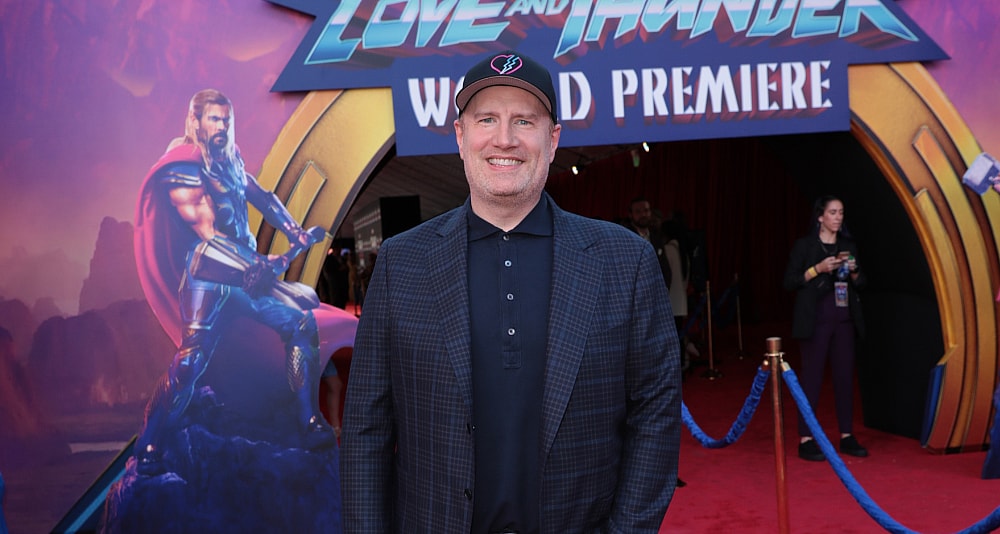
Feige elaborated, “Frank Capra has a quote that our co-president Louis D’Esposito quotes often, which is — basically to distill down to: entertain first. You can have as many beautiful messages, and beautiful life theories, and beautiful thematics that you want to put into the world that all of us do, and all of our filmmakers do, but if you’re not entertaining first it will fall on deaf ears.”
“I think that’s always been the way,” Feige added. “Thankfully, you’re making the kind of movies that you love to see that also goes into entertaining yourself, which is what we also try to do here at Marvel Studios.”
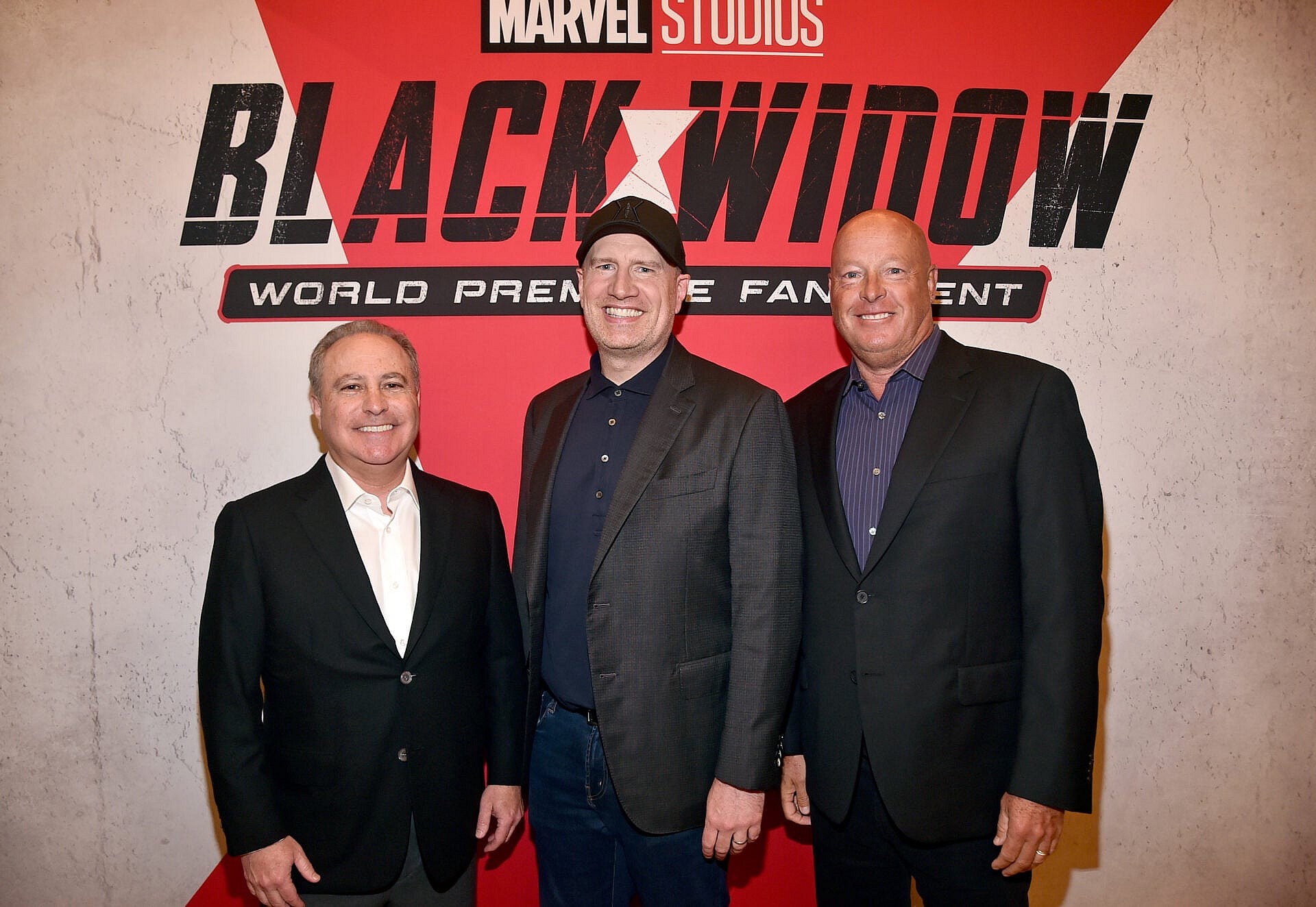
While Feige admits and claims that the main lesson the company has learned is to entertain the audience at every turn and if you don’t do so their social indoctrination efforts will fail, the company’s actions over recent years indicate they are much more interesting than pushing their social indoctrination efforts and antagonizing audiences rather than entertaining.
She-Hulk: Attorney At Law actress Tatiana Maslany admitted “to even exist as She-Hulk is a like a f*** you.”
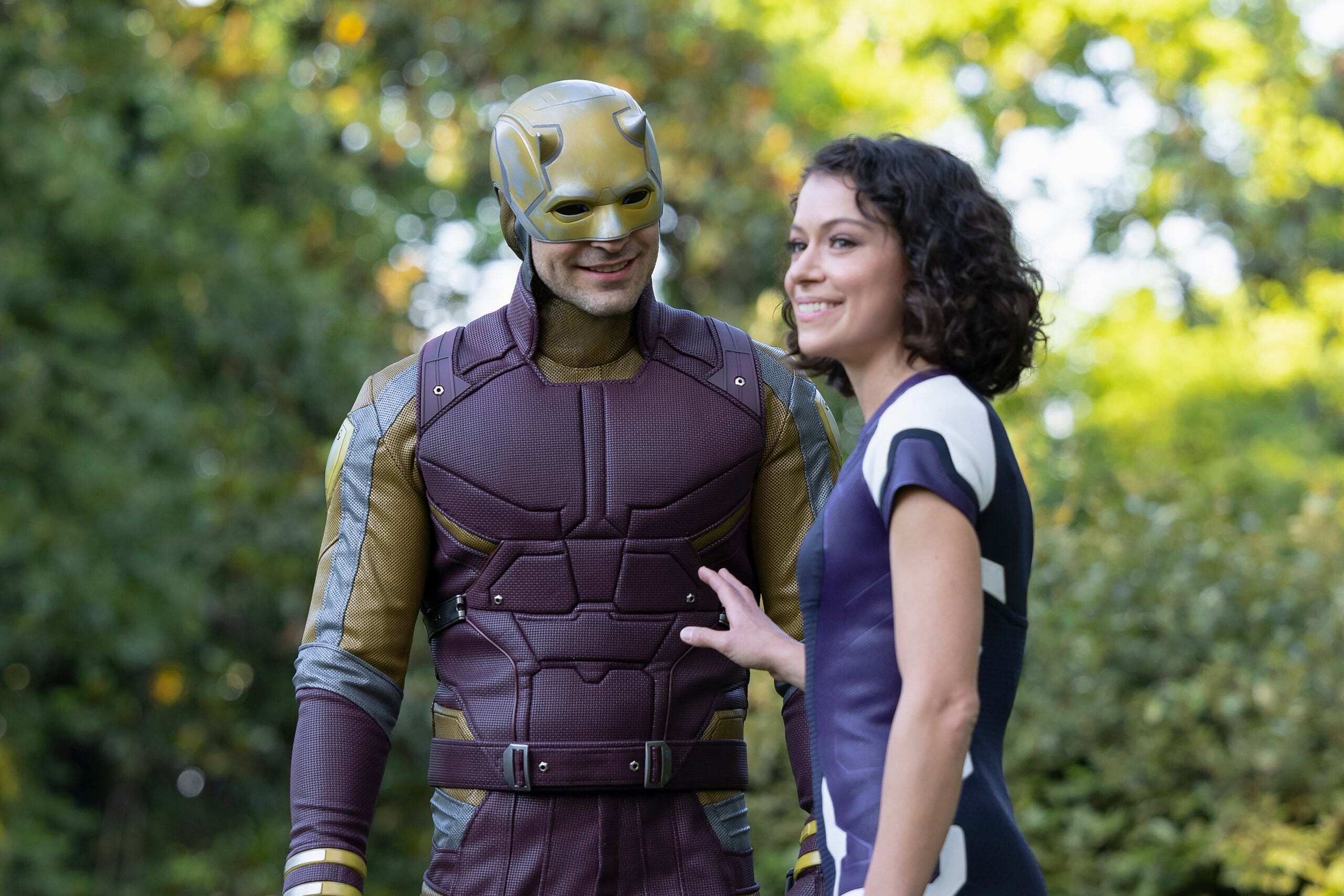
Speaking with Variety following the conclusion of the show’s first season on Disney+, Maslany was asked if she was expecting to face trolls when she signed on to become She-Hulk.
She answered, “Reading the script, it was so true. There’s so much resistance to a woman just existing in that space of superheroes. There’s always going to be that. I sort of anticipated it.”
“It’s why I also feel it’s important. There’s such an entitlement to space held by certain people, and to even exist as She-Hulk is like a fuck-you, and I love that,” she added.
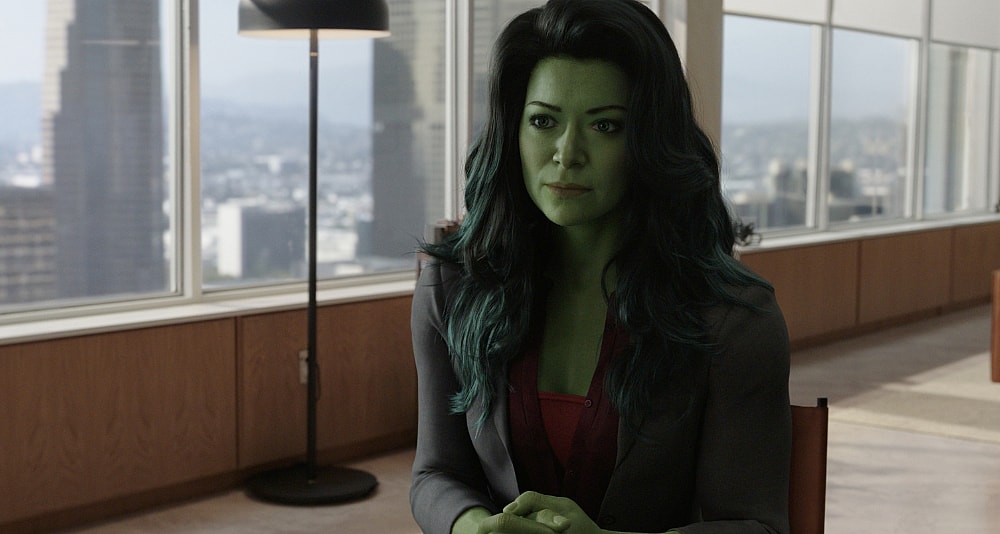
The show’s header writer Jessica Gao also admitted that she “really loves trolling the trolls.”
When asked how it felt to predict what trolls would be saying about the show, Gao replied, “Our writers room opened three years ago. The fact that we were able to predict what the reaction was going to be, what a lot of the trolling comments were going to be, really shows how very tired and unoriginal these trolls are.”
She added, “That really tickled me because the little troll that lives inside of me really loves trolling the trolls.”
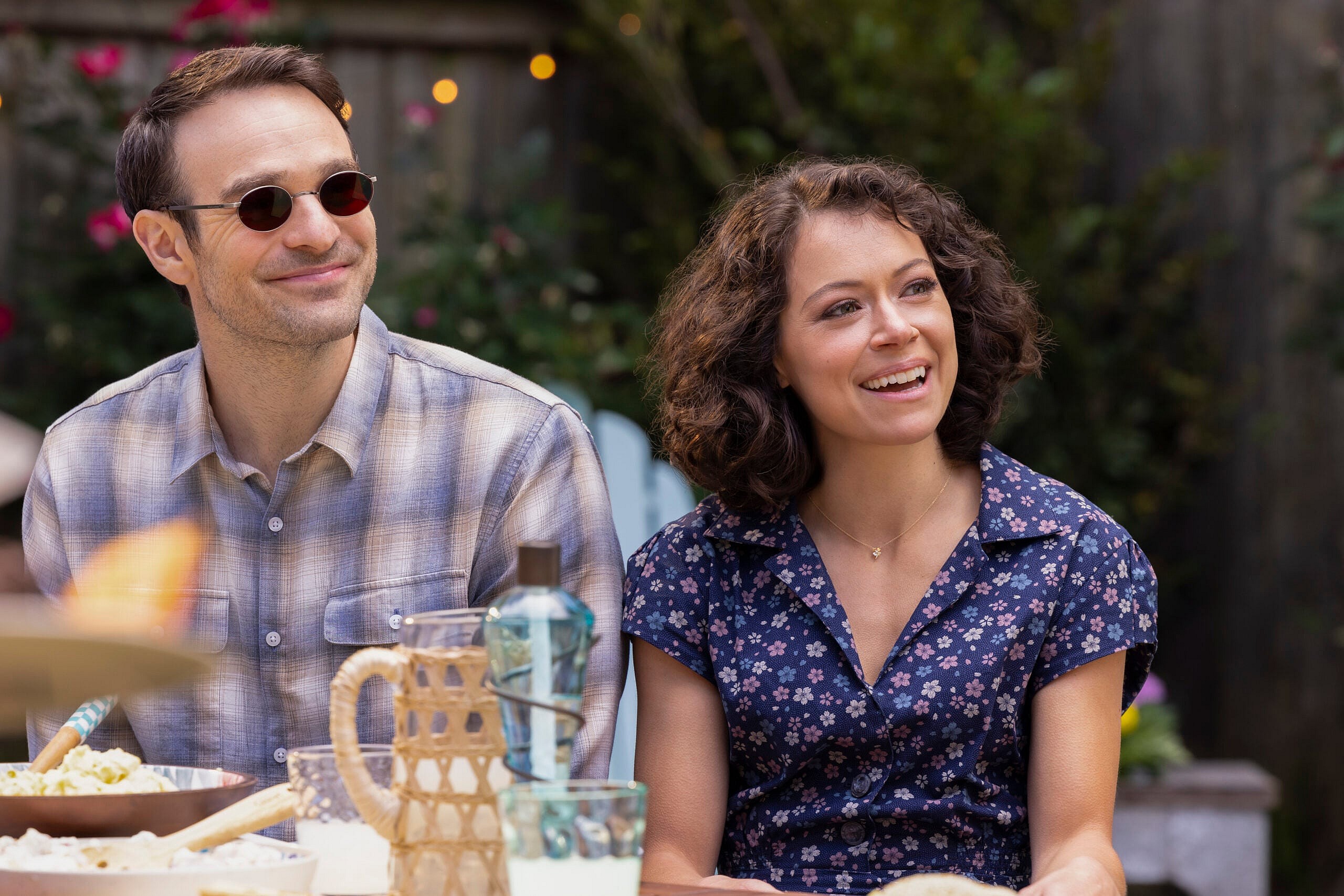
She-Hulk: Attorney At Law and its creators are not the only ones to eschew the idea of entertaining the audience. Thor: Love and Thunder director Taika Waititi told audiences he planned on ruining the Thor mythos with the film when it was first announced that Natalie Portman would return in the role as Jane Foster.
A Marvel Comics reader responded to Marvel Comics writer Jason Aaron sharing his excitement that the gender-swapped Thor storyline he injected into the comics would get adapted to the big screen by Waititi.
The user wrote, “It is due TO YOUR MARVEL WORK THAT THIS MESS IS POSSIBLE. YOUR WRITING RUINED #THOR, HIS MYTHOS AND HIS CHARACTER. SO NO I DO NOT WANT TO SEE THIS FILM IF WE ARE TRULY GETTING A JANE FOSTER THOR.”
Waititi responded, “I’ll ruin your mythos in a minute, baby.”
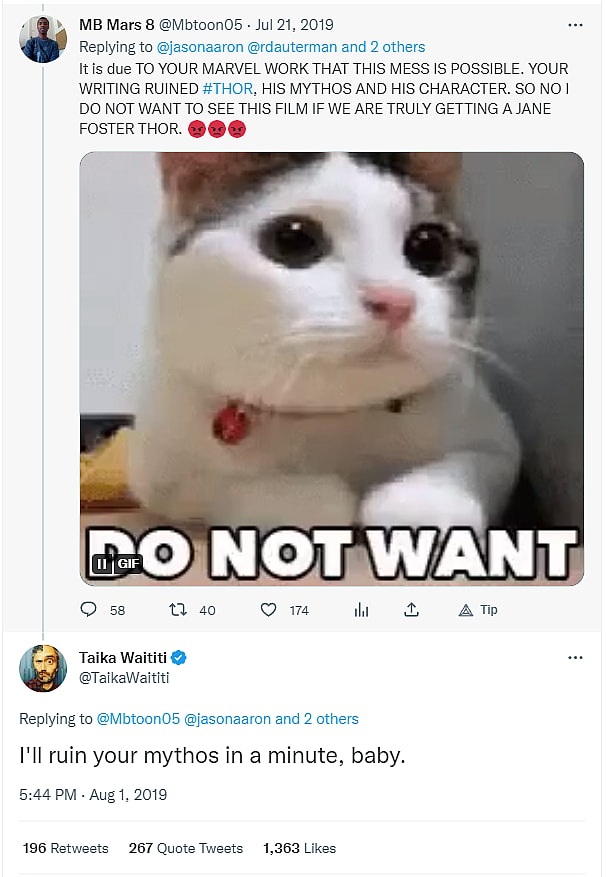
Feige himself has also previously revealed he eschewed the idea of entertaining the audience first in order to push social indoctrination programming when it came to Wandavision.
Feige confirmed Doctor Strange was cut from the show telling Rolling Stone, “Some people might say, ‘Oh, it would’ve been so cool to see Doctor Strange.’ But it would have taken away from Wanda.”
“We didn’t want the end of the show to be commoditized to go to the next movie – here’s the white guy, ‘Let me show you how power works.’ That wasn’t what we wanted to say,” he added.

Feige would also detail, “I haven’t talked about this before, but we had a deal with Benedict [Cumberbatch] to pop up at the end of WandaVision, or somewhere in WandaVision.”
He detailed, “Because we knew we wanted to connect them [Wanda’s next appearance is in the second Dr. Strange movie, next year’s Dr. Strange in the Multiverse of Madness], and wouldn’t it be great. But as we worked on the show, and on the movie, we realized there was no reason to really do that.”

The Marvel Studios head honcho also revealed that the reason Eternals was moved to the top of their list of films was due to the company’s social engineering agenda.
While addressing why the company decided to change the races, genders, and sexualities of nearly all the characters, Feige told Variety, “Well, the notion of switching up the genders, sexualities and ethnicities of the characters from the comics, was baked in initially — that was part of what Nate Moore was really advocating for in moving “Eternals” to the top of the list for us to start working on.”
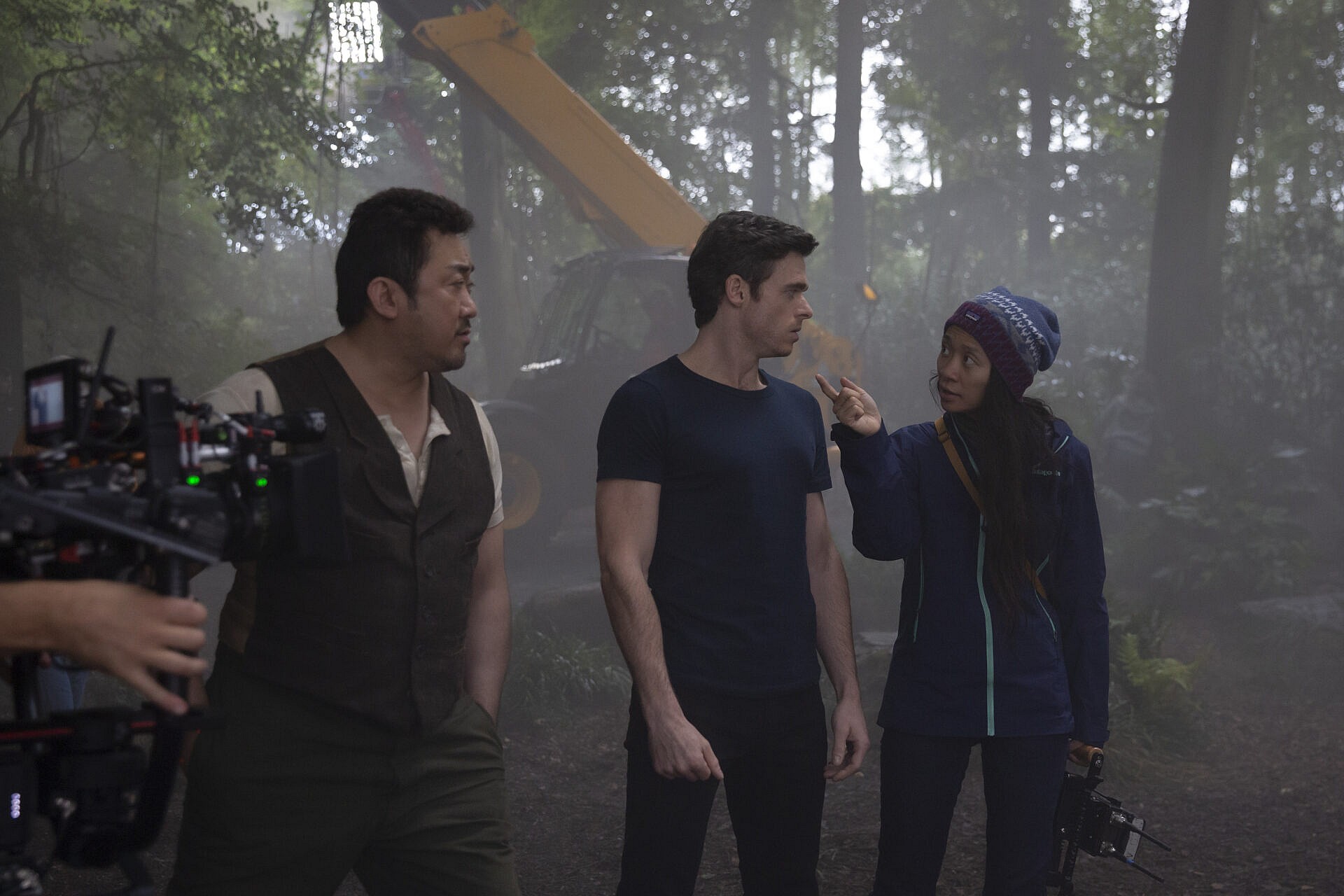
The results from Marvel Studios eschewing the principle that Feige claims the company has learned has seen its more recent releases suffer at the box office compared to previous films.
Black Widow, Eternals, Shang-Chi and the Legend of the Ten Rings are three of the worst performing Marvel Cinematic Universe films of all time without even factoring in inflation. Of the 30 films the company has released only The Incredible Hulk and Captain America: The First Avenger have lower global grosses.
Sequel films such as Black Panther: Wakanda Forever and Thor: Love and Thunder did not perform nearly as well as the previous films in their respective franchises. The Disney+ shows are also routinely beat by Netflix series in the ratings, and the more recent releases perform worse than the initial ones as seen with She-Hulk: Attorney At Law.

If anyone is to start taking Kevin Feige seriously again, he needs to actually start putting his money where his mouth and delivering on what he’s promising because there’s a mountain of evidence that shows Marvel Studios has not learned the lesson that you need to entertain the audience first.
Rather they seem to have learned the opposite, they will push their social messaging at the sake of entertaining the audience.

What do you make of Feige’s comments?
